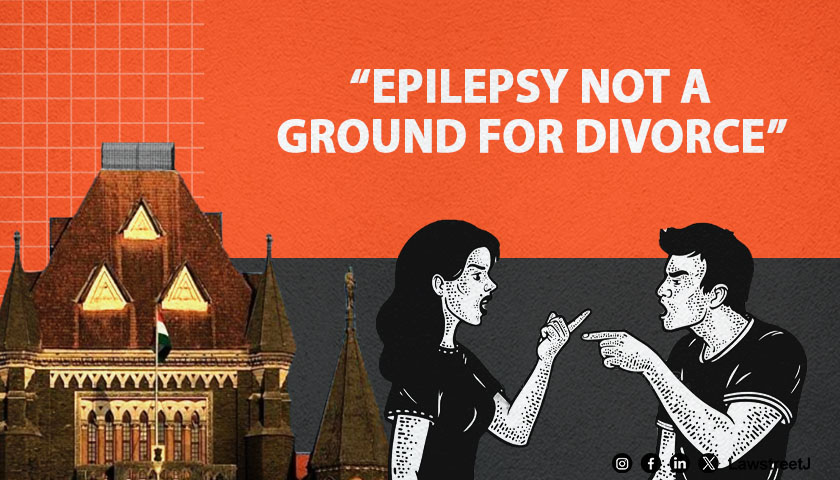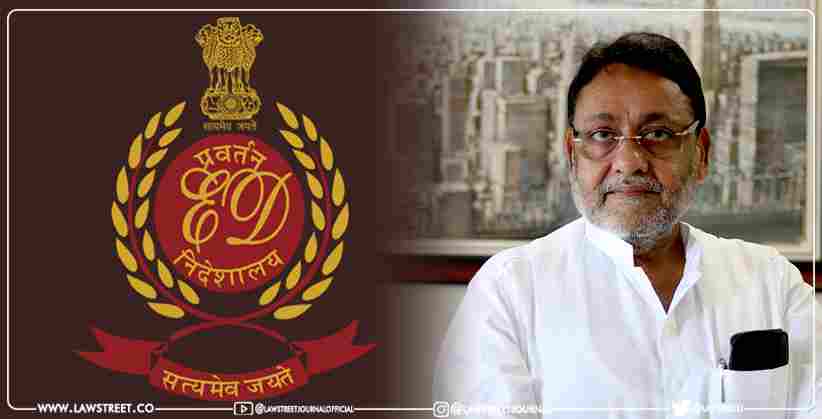The Bombay High Court has held the condition of epilepsy is neither an incurable disease nor can it be considered a mental disorder or a psychopathic disorder, for making a ground for divorce under Section 13(1)(iii) of the Hindu Marriage Act.
A division bench of Justice Vinay G Joshi and Valmiki S A Menezes at the Nagpur bench of high court has dismissed a man's appeal against a family court verdict refusing to grant divorce to him.
In his appeal against 2016 family court verdict, the man alleged that his wife showed abnormal behaviour and even threatened to die by suicide due to epilepsy, resulting in breakdown of marriage.
"The condition of epilepsy is neither an incurable disease nor can it be considered a mental dis- order or a psychopathic disorder for making ground under Section 13(1)(iii) of the Hindu Marriage Act. We are further of the opinion that there is an abundance of medical evidence, as of this date, that such a medical condition could not justify any petitioner's stand that the condition would be an impediment to the spouses' living together," the bench said.
Section 13 (1Xiii) of the Act provides unsoundness of mind as a ground for divorce.
"We hold that the petitioner has failed to prove that the respondent was suffering from epilepsy or even that, if she were suffering from such a condition, the same could be considered as a ground under Section 13(1)(iii) of the Act for claiming a decree of dissolution of marriage," the bench said.
The bench also noted that the neurologist who treated woman had deposed that epilepsy is a medical condition in which a per- son suffering from it can lead at normal life and the wife in case had suffered from brain seizure.
The man had claimed that epilepsy led to the woman being of unsound mind. His counsel said the manifestation of the said disorder rendered it impossible for the petitioner to live with the woman.
"Having not proved the ground of epilepsy, in our considered opinion holding that the petitioner was subjected to cruelty or mental tortured due to the respondents mental condition would be totally without any basis," the bench said, upholding the trial court's order.







![Husband Can Also Claim Alimony/Maintenance From Wife: Bombay High Court Orders Woman To Pay Alimony To Ex-Husband [Read Order]](/secure/uploads/2022/04/lj_2823_Divorce.jpg)








